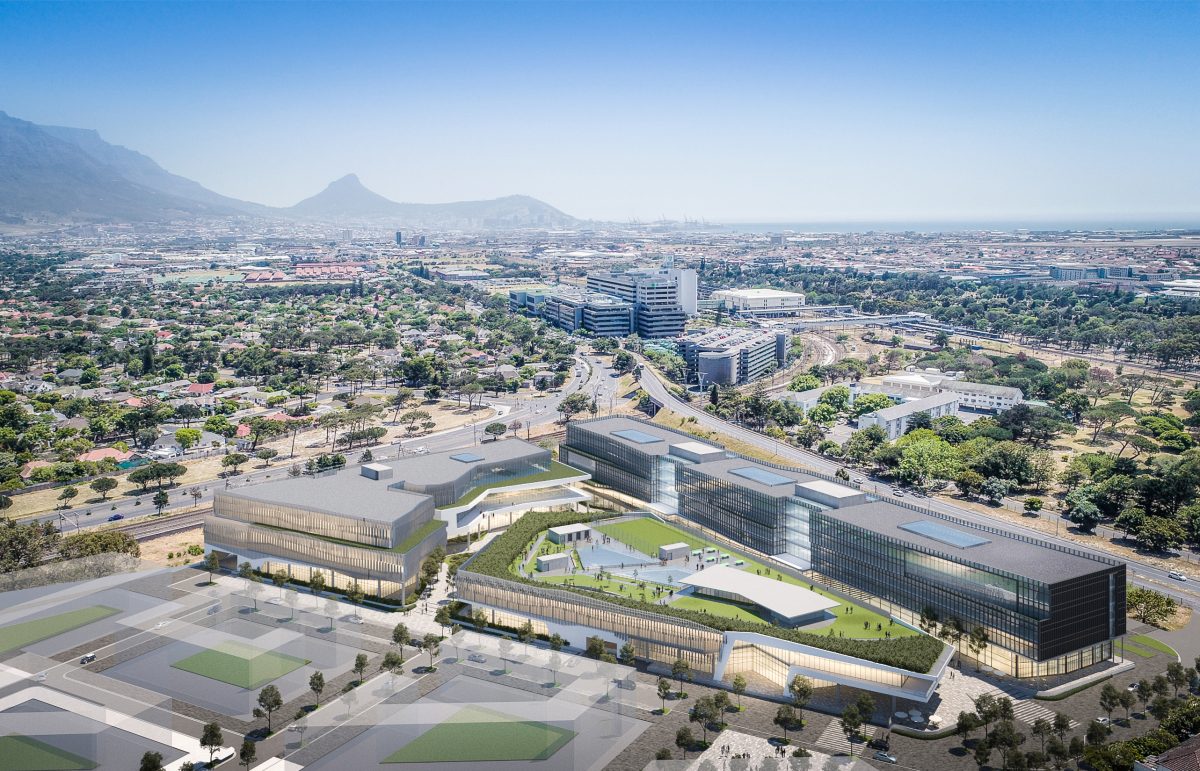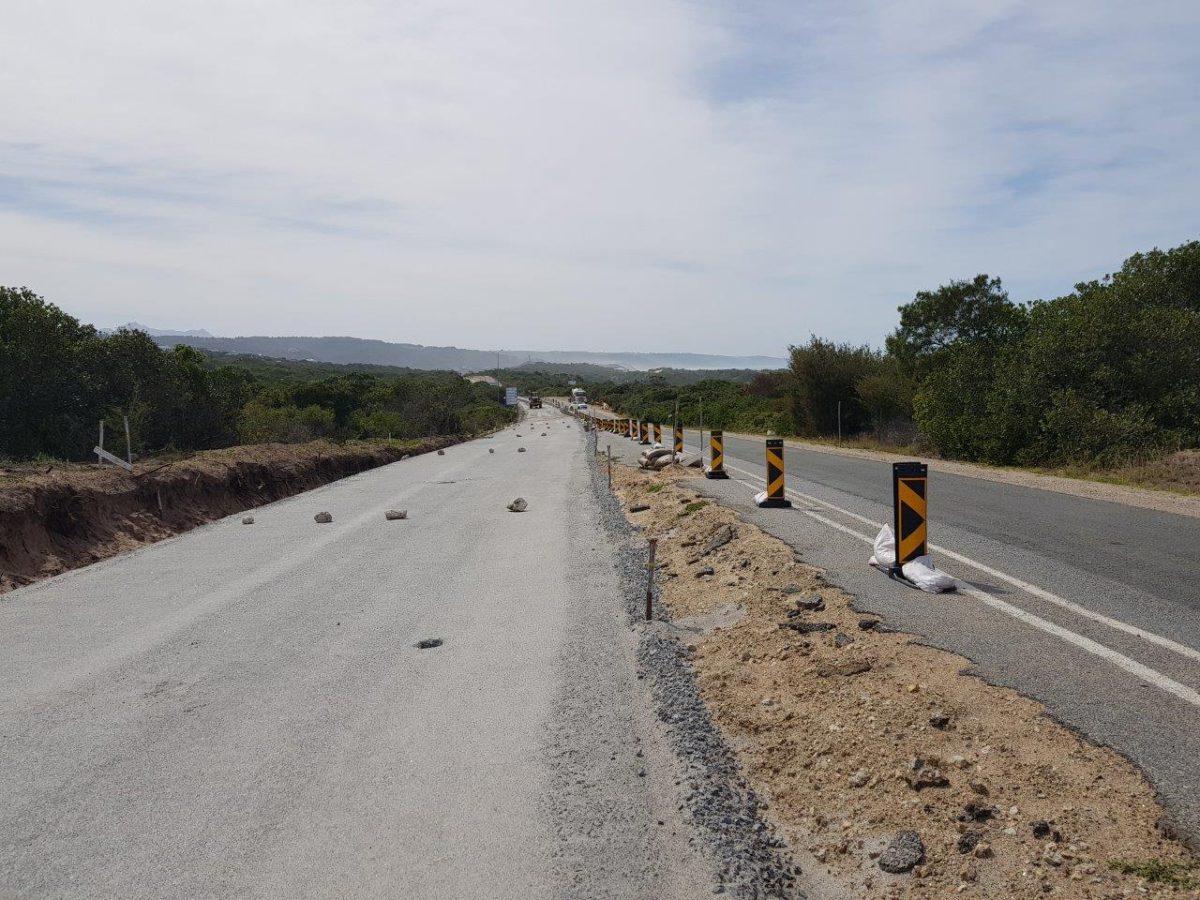
As we head into a new year, there are a number of factors which are likely to impact the amount of work on offer in our region and the resultant profitability of the general building contracting fraternity says Allen Bodill, Executive Director at the Master Builders Association of the Western Cape (MBAWC).
Election apprehension: Chief amongst the factors impacting the industry is the level of confidence in the months leading up to the general election in May. Like previous cycles in the run up to elections, many businesses and private individuals adopt a ‘wait and see’ attitude, leading to a general slump in demand for construction services.
Tightened belts: The increase in the interest and VAT rates in 2018 has also affected the consumer’s ability to purchase or build new properties or to renovate and improve their existing homes. In addition the threat of possible further downgrades by the international credit rating agencies which would bring increased risk of further interest-rate rises, which will further affect a financially stretched and indebted consumer base.
Property market correction: A correction in the local residential rental market has also seen significant pressure on achievable rentals of both freestanding homes and apartments, which has led to a rethink amongst developers, as well as ‘buy-to-let’ investors in this market segment. Supply of well-positioned residential apartments, in particular, looks set to exceed demand in the coming months, putting further downward pressure on developers’ and investors’ returns. This has been exacerbated by the increasing cost of utilities.
In the commercial sector, increased online shopping is likely to affect demand for further new retail space, which will likely impact the amount of work available for new commercial building and its associated new tenant installation work.
The rapid advance in computerised technology has also served to disrupt the demand for commercial office space by enabling employees to work remotely, reducing the demand for traditional office environments – a trend likely to escalate going forward.
Many of the abovementioned factors are also an issue for the industrial market, with demand for new factory and warehousing space primarily being driven by the state of the economy.
No-go from Government: It also appears likely that the National and Local Government departments will be cautious about putting out new construction works in the current economic climate. Reduced activity from this sector is likely to lead to contracting firms traditionally engaged in this market space turning their attention to other sectors.
“Taking these factors into account, the local construction contracting market will likely need to hunker down for at least the first half of this year. The prevailing market conditions will also need to be considered during the negotiations around the new collective wage agreement for the formal building industry in our region which are currently underway, with the new agreement due to come into force on 1st November 2019. However, a ‘silver lining’ exists for those developers and investors who have the courage to commit to projects in this depressed climate, as they are likely to get exceptionally competitive prices from the entire construction supply chain. The MBAWC will also continue to strive to assist its members wherever possible in these uncertain times,” concludes Bodill.
More information fromhttp://www.mbawc.org.za.
More news
- PART 2: CONCRETE IN THE DESIGN OF A UNIQUE LUXURY HOME IN GEORGE, SOUTH AFRICA
- PART 1: CONCRETE IN THE DESIGN OF A UNIQUE LUXURY HOME IN GEORGE, SOUTH AFRICA
- MVULE GARDENS, AFRICA’S LARGEST 3D-PRINTED AFFORDABLE HOUSING PROJECT
- PART 3: HARNESSING THE POTENTIAL OF HIGH SULPHUR FLY ASH IN CONCRETE PRODUCTION
- PART 2: HARNESSING THE POTENTIAL OF HIGH SULPHUR FLY ASH IN CONCRETE PRODUCTION





